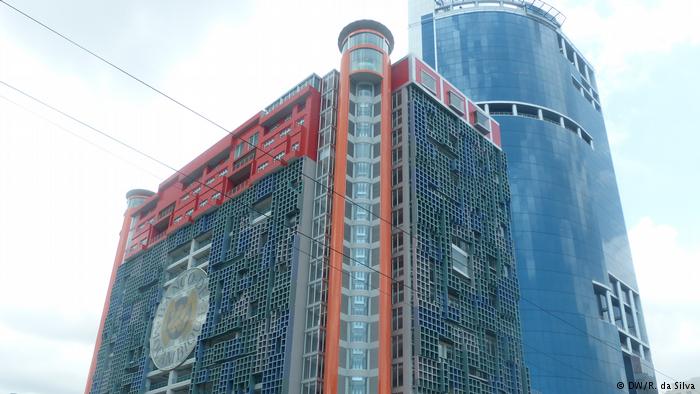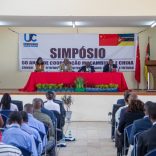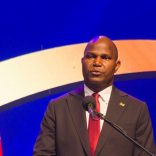State to inject US$500M in Mozambique Development Bank, PRECE says
Is Mozambique exiting from the crisis?

According to the governor of the Central Bank, the country is better shape than in April 2017, when he had said that Mozambique was moving in the right direction.
The governor of the Bank of Mozambique, Rogério Zandamela, said this week that the Mozambique was emerging from the crisis that has plagued it since 2015. One of the factors justifying his position is progress in the journey towards definitive peace. “All this further reinforces what we knew in April [2017] and will have an impact on economic activity,” he says.
Speaking in what he called a “cautious and non-propagandist remark”, Zandamela concludes that “we are confronted with the measures we had anchored in this decision, that we are finally, slowly emerging from the crisis”.
Wait and see
Faced with this “good news” DW Africa took to the streets in search of those who are feeling the effects of the economic crisis first-hand.
For long-distance haulier Paulo Muthisse, for instance, the Bank of Mozambique governor’s pronouncement is positive. “We hope there will be improvements this year, because last year there were a lot of things that we could not do, and I believe that this year will be able to recover our faith in the banking system, but we will do our best and our speeches will have to give us security,” he says.
Vitória Machava is in the chicken business, but is thinking about quitting the sector. Nor does she believe that the country is out of the crisis. “What I appeal to our Government is that we lower prices, which are very high. We depend on food to survive, and everything has gone up,” she says.
With the announcement of further austerity measures, 2018 is supposed to be the year in which Mozambicans are expected to tighten their belts even more.

Timóteo José, a ‘mukherista’ (informal importer), says that the country will also have to have lasting peace in order to enjoy good economic prospects. “The hope is that everything will return to normal so that Mozambique can continue to develop”.
Civil servant Jeremias António says that the end of the crisis will not change anything, because in March public transport fares will go up. “It does not solve anything, but if it has been decided than the price has to go up, there is nothing we can do. Fares will go up and will just have to pay,” he complains.
Jeremias says that “Mozambicans know how to fight, and if the government looked to the poorest, that would be something else”.
In the last two weeks, the Bank of Mozambique has deposited US$100 million in its international reserves, according to Zandamela.
From January to May, it bought more than US$600 million from credit institutions, giving it a total of more than US$ 2.42 billion, enough to cover more than six months’ imports of non-factorial products and services.













Leave a Reply
Be the First to Comment!
You must be logged in to post a comment.
You must be logged in to post a comment.